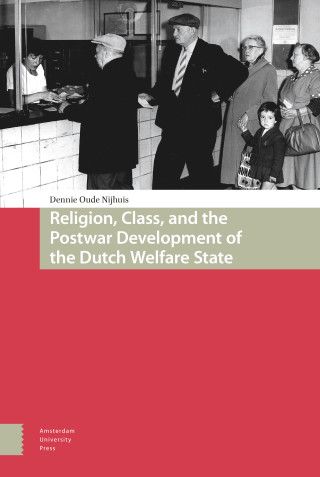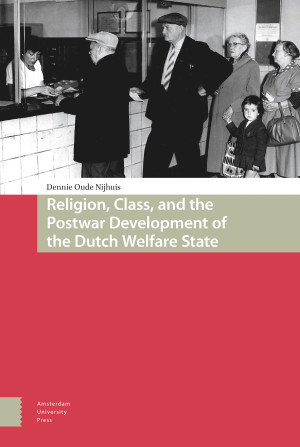'Oude-Nijhuis's book on the Dutch welfare state stands out as one of the most astute and comprehensive studies ever of social policy evolution in a capitalist democracy. Because of its fine-grained historical research and careful analysis, comparativists have in it a model for future research and thinking on the capitalist welfare state.'
- Peter A. Swenson, BA Princeton University, Ph.D. Yale University, is Yale's C.M. Saden Professor of Political Science.

